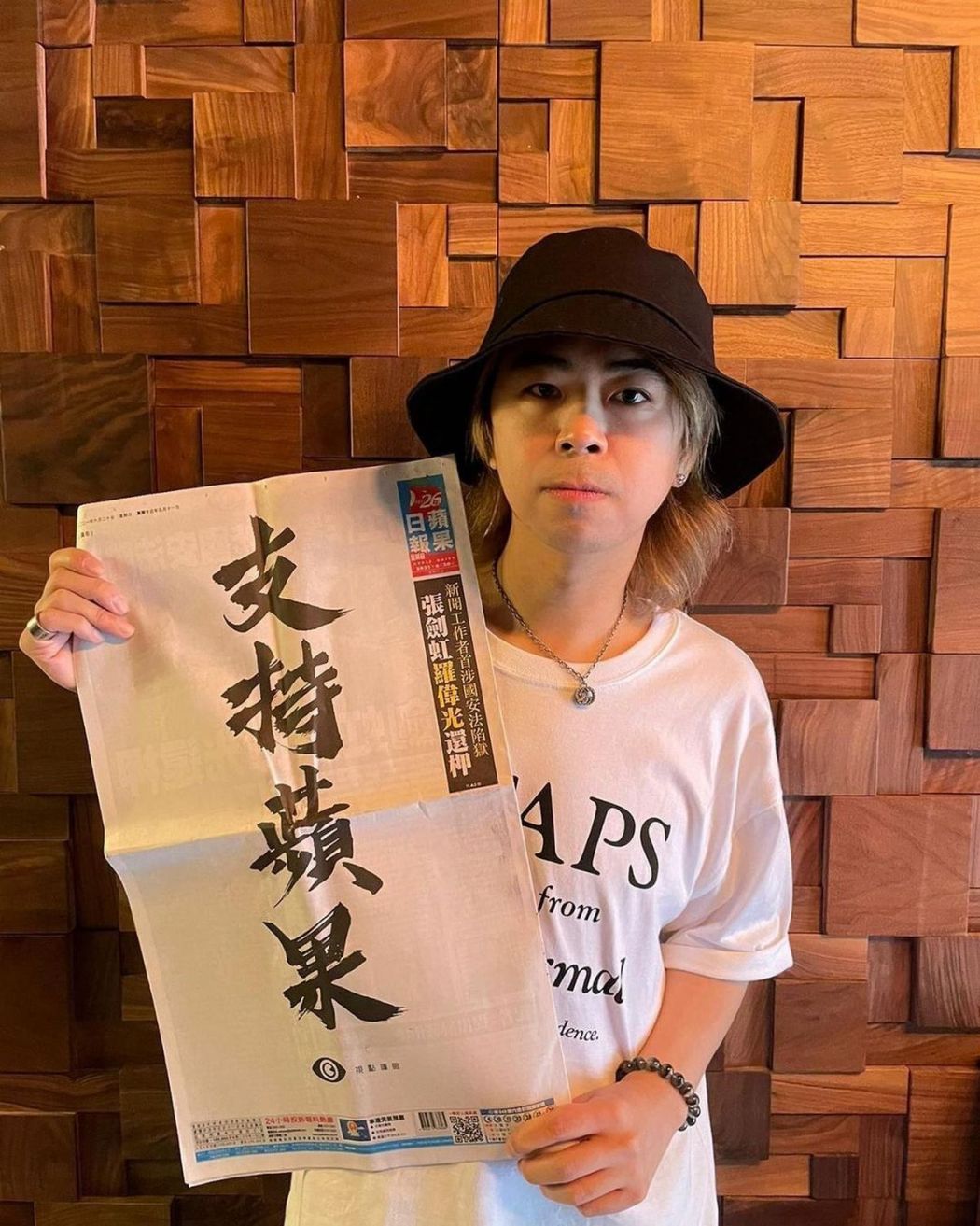A Hong Kong pro-democracy singer and activist accused of sedition over social media posts intends to plead guilty to that charge and also to money- laundering, his lawyer told the District Court.
Tommy Yuen, sporting chin-length hair, appeared before Kwok Wai-kin, one of the city’s hand-picked national security judges, on Thursday.

Yuen, 42, is accused of committing an act or acts with seditious intention in connection with the social media posts.
The singer was also charged with fraud, but the prosecution, led by Vincent Lee on Thursday, applied to amend the charge to “dealing with property known or believed to represent proceeds of an indictable offence.”
According to the Organized and Serious Crimes Ordinance, the maximum penalty for the money-laundering offence is 14 years imprisonment. However, the District Court can only impose a maximum jail term of seven years.
The singer is accused of holding HK$718,788.27 in his bank account as the proceeds of an offence which was not specified by the prosecution in court.
A year in remand
Yuen, who has been detained since February last year, did not apply for bail on Thursday.

The singer has been denied bail since his arrest last year, and has spent close to a year in custody. At the time of his arrest, the police said that in addition to his social media posts, the singer also called on people to financially support protesters who had been arrested for rioting during the 2019 demonstrations.
Kwok adjourned his case to July 25, when Yuen will confirm his plea and the court will deal with sentencing.
The colonial-era sedition law, which falls under the Crimes Ordinance, is different from the Beijing-imposed national security law. It outlaws incitement to violence, to disaffection and to other offences against the administration.
However, defendants charged under the colonial-era law must meet the same strict criteria for bail as those prosecuted under the national security law, and sedition cases are handled by hand-picked national security judges.
Support HKFP | Policies & Ethics | Error/typo? | Contact Us | Newsletter | Transparency & Annual Report | Apps
Help safeguard press freedom & keep HKFP free for all readers by supporting our team
























